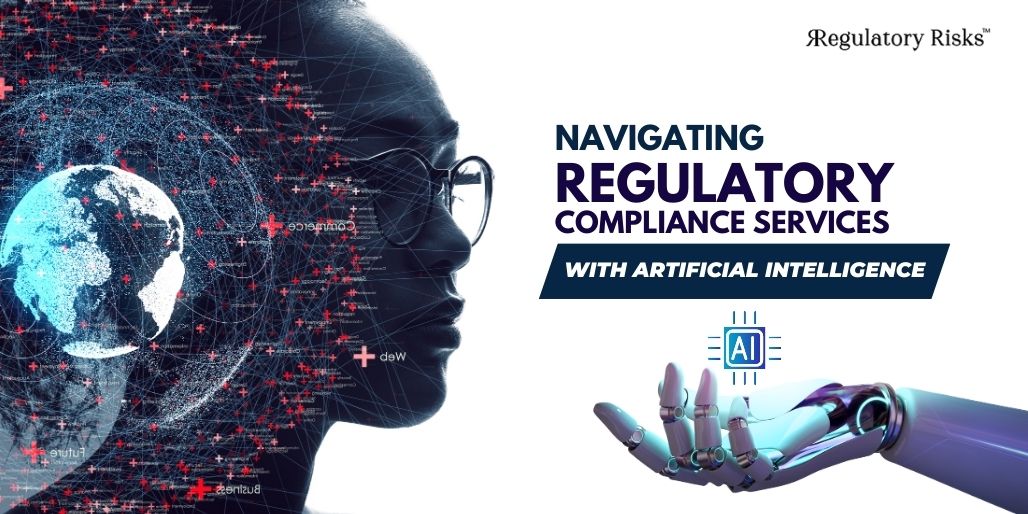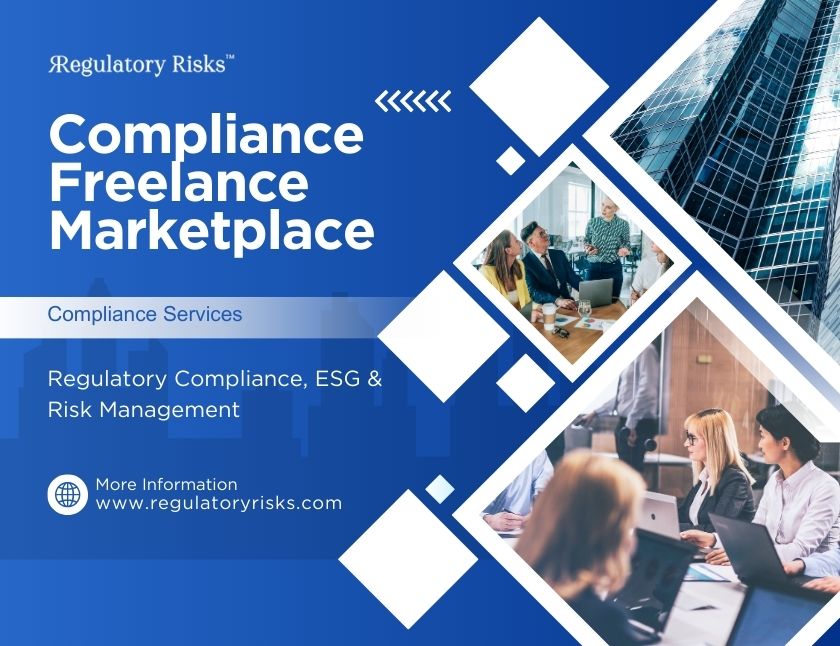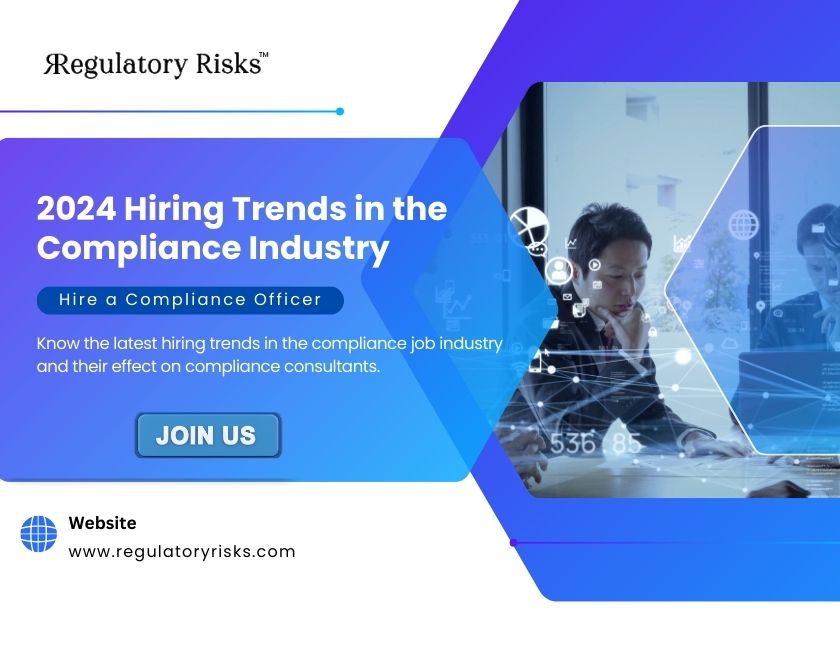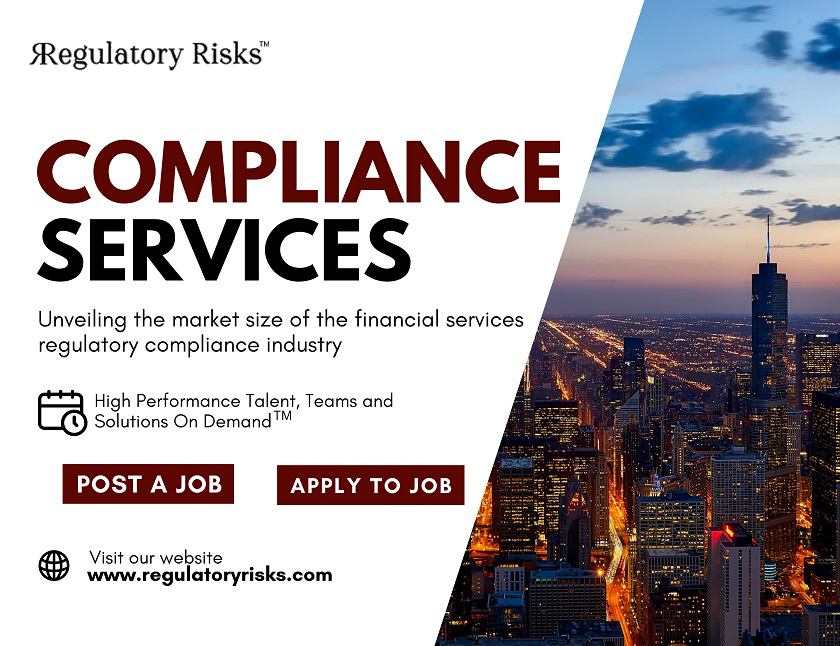In an era marked by increasing regulatory complexities, businesses are turning to artificial intelligence (AI) to streamline and enhance their regulatory compliance services and processes. The demand for AI-powered tools, applications, software, and solutions is on the rise as organizations seek efficient ways to navigate the intricate web of regulations in a cost-effective way. In this article, we explore some of the most searched third-party regulatory compliance services AI tools, delving into their functionalities and limitations.
Compliance.AI:
Functionality: Compliance.ai is a comprehensive AI-powered regulatory compliance services platform that provides real-time updates and insights on regulatory changes. It uses natural language processing (NLP) to analyze vast amounts of regulatory content, helping users stay informed about changes relevant to their industry. The platform offers customizable dashboards, automated compliance tracking, and collaboration features.
Limitations: While Compliance.ai excels in tracking and interpreting regulatory changes, users may encounter limitations in terms of the platform's ability to integrate seamlessly with existing compliance management systems. Some users may find the learning curve steep when configuring advanced features.
NICE Actimize:
Functionality: NICE Actimize leverages AI and machine learning to provide financial institutions with comprehensive anti-money laundering (AML) and fraud detection solutions. It uses behavioral analytics to identify unusual patterns and activities, facilitating proactive compliance services. The platform also offers case management and reporting functionalities.
Limitations: Users may find that the implementation of NICE Actimize requires a significant upfront investment in terms of time and resources. Additionally, customization for specific organizational needs may be complex, and ongoing maintenance can be resourceintensive.
Kira Systems:
Functionality: Kira Systems focuses on contract analysis and due diligence using AI and machine learning. The platform extracts relevant information from legal and regulatory documents, aiding in compliance assessments and risk management. It is particularly valuable for organizations dealing with large volumes of contracts.
Limitations: While Kira Systems is proficient in contract analysis, it may not cover the full spectrum of regulatory compliance services outside the realm of contractual obligations. Users might need additional tools for a holistic compliance approach.
Quantifind:
Functionality: Quantifind utilizes AI to analyze unstructured data across various sources to identify potential compliance risks. It is particularly adept at monitoring social media and news sources for regulatory and reputational risks. The platform provides real-time alerts and risk scores to help organizations proactively manage compliance issues.
Limitations: Quantifind's strength lies in external data analysis, and its focus may be limited to certain industries. Users may need to supplement it with tools that address internal data sources and compliance requirements specific to their sector.
Clause Match:
Functionality: Clause Match offers a regulatory technology (RegTech) platform with AI capabilities for managing policies, procedures, and compliance documents. The platform facilitates collaboration, version control, and audit trails, ensuring transparency in compliance processes. It supports workflow automation and integrates with existing systems.
Limitations: While Clause Match is robust in document management, users may find that its AI capabilities are more concentrated on document analysis rather than broader compliance risk assessment. Organizations might need additional tools for comprehensive risk management
The landscape of AI-powered tools for regulatory compliance servicesis diverse, with each solution offering unique functionalities and addressing specific aspects of the compliance journey. While these third-party tools contribute significantly to streamlining processes and enhancing accuracy, it's essential for organizations to carefully evaluate their specific needs, considering both the functionalities and limitations of these tools. A holistic approach that combines multiple tools or integrates them into existing systems may provide the most effective strategy for navigating the evolving landscape of regulatory compliance with the power of artificial intelligence.
Explore compliance services and products on the Regulatory Risks marketplace that align with your business’s size and objectives. Whether you're a startup or an enterprise, the RegulatoryRisks.com platform caters to your requirements and needs.




